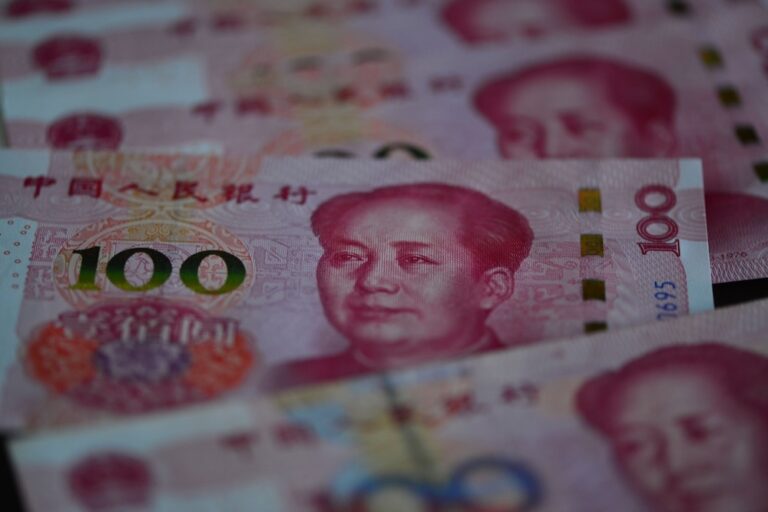United States citizens working as journalists at "The New York Times", "The Wall Street Journal", and "The Washington Post" were ordered by the Chinese Ministry of Foreign Affairs to surrender their press credentials.
This statement was originally published on hkja.org.hk on 19 March 2020.
The Chinese Foreign Ministry on Wednesday announced a set of restrictive measures on American journalists based in mainland China. Reporters from three media organisations were ordered to return their press cards to the mainland authorities within 10 days. They are not allowed to work as journalists in mainland, Hong Kong and Macau. The Hong Kong Journalists Association expressed shock and deep regret over the decision.
HKJA urged the Hong Kong Government to clarify whether those to-be-expelled journalists will be allowed to work in Hong Kong if they apply for a work visa in accordance with the law. The Government should also clarify whether foreign journalists of the three organisations based in Hong Kong will be banned from working as a journalist in Hong Kong.
Following its reversion of Chinese sovereignty in 1997, Hong Kong practised the policy of “one country, two systems”, “high degree of autonomy” and “Hong Kong people ruling Hong Kong” under the Basic Law. Immigration control falls within the scope of autonomy under the “one country, two systems” framework. Journalists from overseas media outlets are only required to get a work visa from the Immigration Department for them to work in Hong Kong. They are not required to undergo screening or get a press card. The Chinese Foreign Ministry should not interfere with the internal affairs of Hong Kong, including barring foreign journalists from working in Hong Kong. The ministry’s decision has dealt a blow to the promises of “Hong Kong people ruling Hong Kong” and “high degree of autonomy,” which are the fundamentals of the policy of “one country, two systems.”
Furthermore, freedom of expression and freedom of the press are the cornerstone of Hong Kong’s success. Putting restrictions on the normal reporting activities of foreign media and conducting political screening of the work visa of foreign journalists will raise doubts about whether Hong Kong is still a free and open society. That will seriously affect the international image and status of Hong Kong ultimately.
HKJA urges the Government to clear the air as soon as possible. They should assure foreign journalists can continue to apply and get work visas to work in Hong Kong as they have been before. We also urge the Central People’s Government to be abiding by the promises in the Basic Law to avoid damaging the trust of the international community in Hong Kong as the world’s freest economy.



